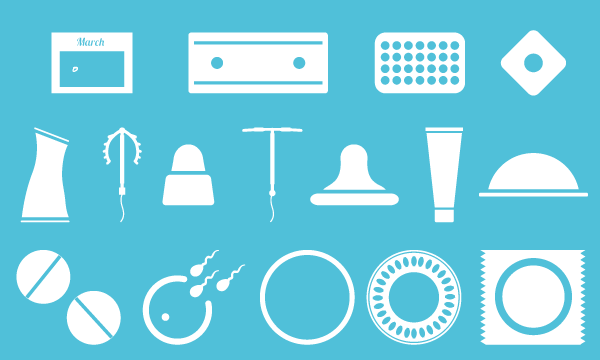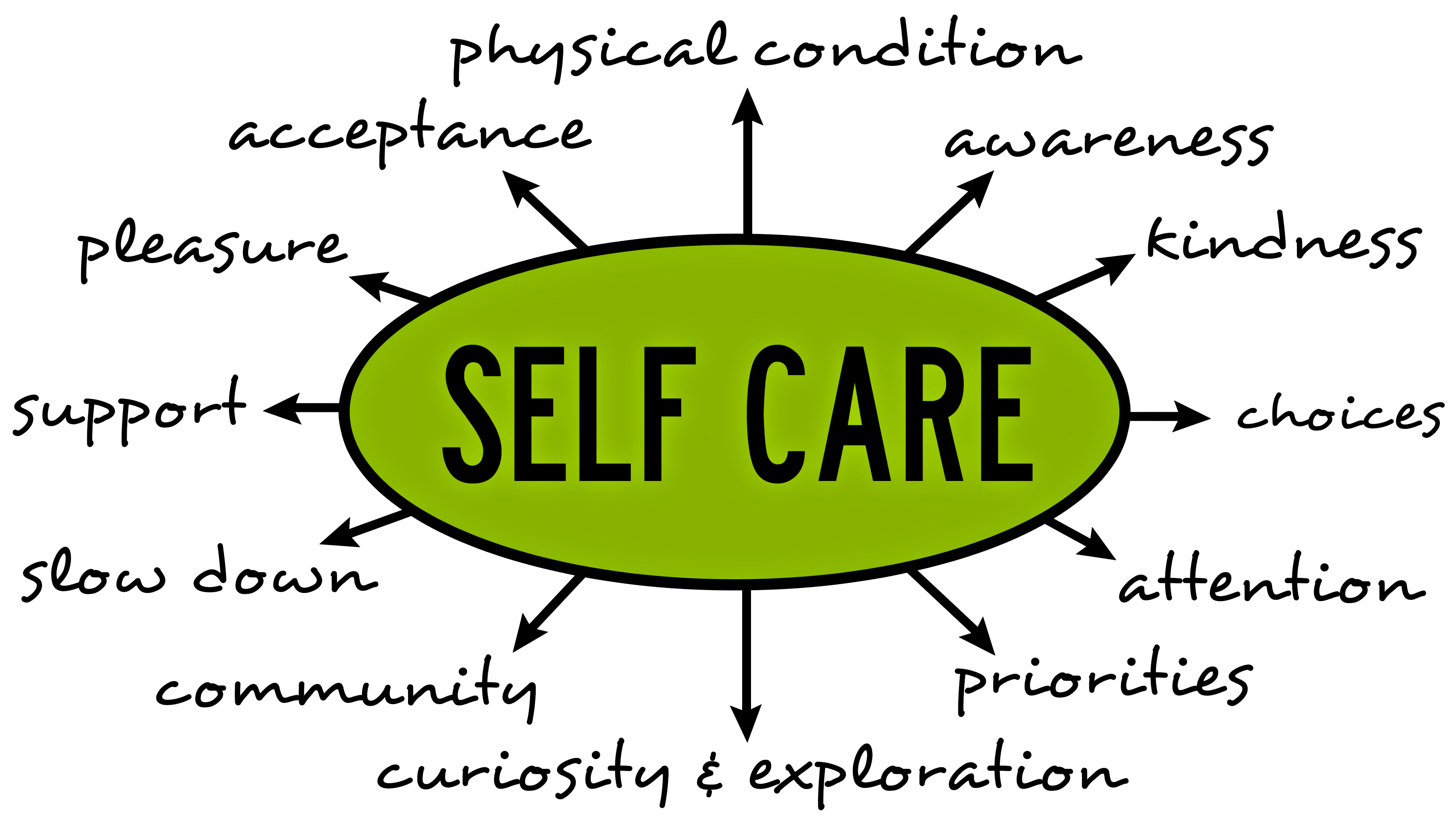We’ve heard all kinds of food rumors (such as how chocolate causes acne or how peanut butter will make you fat), but is there evidence to back these claims up? Not exactly. Dark chocolate contains flavanols, antioxidants that seem to have a blood-thinning effect and can be beneficial for cardiovascular health. Peanut butter is high in fat, but it has the good, unsaturated fat that your body actually needs. How exactly do these food myths arise? Well, one person’s misinformation can spread to other peers and even persist through generations if it is frightful enough. Here I will discuss a few of the more interesting food myths and hopefully tinker with the way you perceive certain foods to promote healthier eating!
1. “Calories eaten at night are more fattening than those eaten early in the day.”
This is clearly not true. Calories are calories. It is the overall number of calories you eat and the calories you burn over the course of 24 hours that affects your weight.
2. “Radiation from microwaves creates dangerous compounds in your food.”
Again, this is not true. The microwave used to cook food is many, many times weaker than X-rays and gamma rays (which can pose threats to us), and the types of changes that occur in microwaved food as it cooks are from heat generated inside the food and not the microwave itself. Microwave cooking is really no different from any other cooking method that applies heat to food. The main way dangerous compounds can get in your food is through the types of material you microwave the food in (like certain plastics that have not been tested by the FDA). When food is wrapped in plastic or placed in a plastic container and microwaved, substances used in manufacturing the plastic (plasticizers) may leak into the food. In particular, fatty foods such as meats and cheeses cause a softening agent called diethylhexyl adipate to leach out. However, this is becoming less of a problem because the FDA tests plastic wraps and containers before putting it out on the market. So look out for those “microwave-safe” labels!
3. “You crave certain foods because you’re deficient in one of the nutrients they provide.”
Human food cravings tend to be more about satisfying emotional needs, says Marcia Pelchat, Ph.D., a researcher at the Monell Chemical Senses Center in Philadelphia. “Cravings tend to occur when your diet is restricted or boring, or when you know that you can’t have something,” says Pelchat. “If it’s forbidden, you usually want it more.” The only nutrient whose deficiency can cause cravings would be iron, but instead of longing for iron-rich foods, people severely deficient in iron tend to crave things like ice cubes, clay, soil or even cement. Researchers don’t know what causes this strange, rare condition, called “pica,” but some suspect that a lack of iron might somehow affect the body’s appetite mechanisms.
4. “It’s important to fast periodically to cleanse toxins from your body.”
The truth: your body has its own intricate system for removing toxins—these are the liver, kidneys and spleen. There isn’t any evidence that not eating, or drinking only juice or maple syrup makes the organs do this job any better.
5. “Coffee can make you super-jittery, interfere with your sleep, and is just not good for you.”
Coffee has a bad rep. Although it may make some people jittery or stain teeth yellow, there are some benefits for all the coffee lovers out there! Studies show that compounds in coffee—including but not limited to caffeine—may reduce the risk of dementia, diabetes, and liver cancer. Most benefits are associated with drinking 2 to 4 (8-ounce) cups a day.
Article by Elle Leung
Feature Image Source: OneClass
























